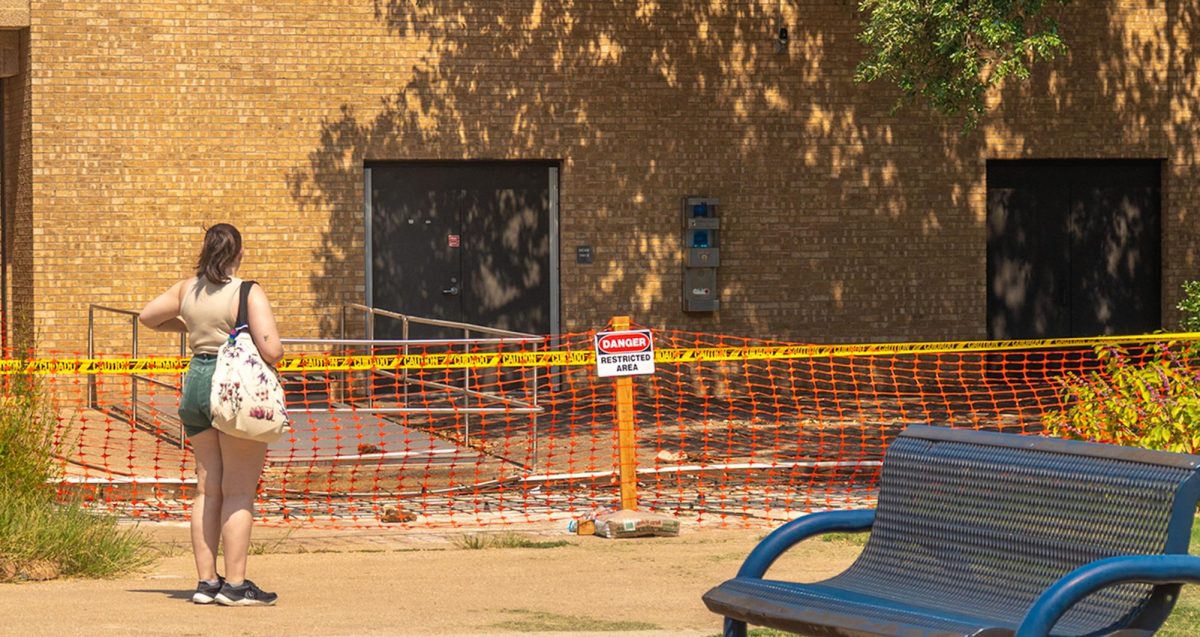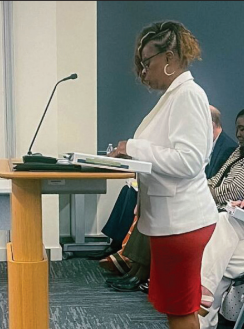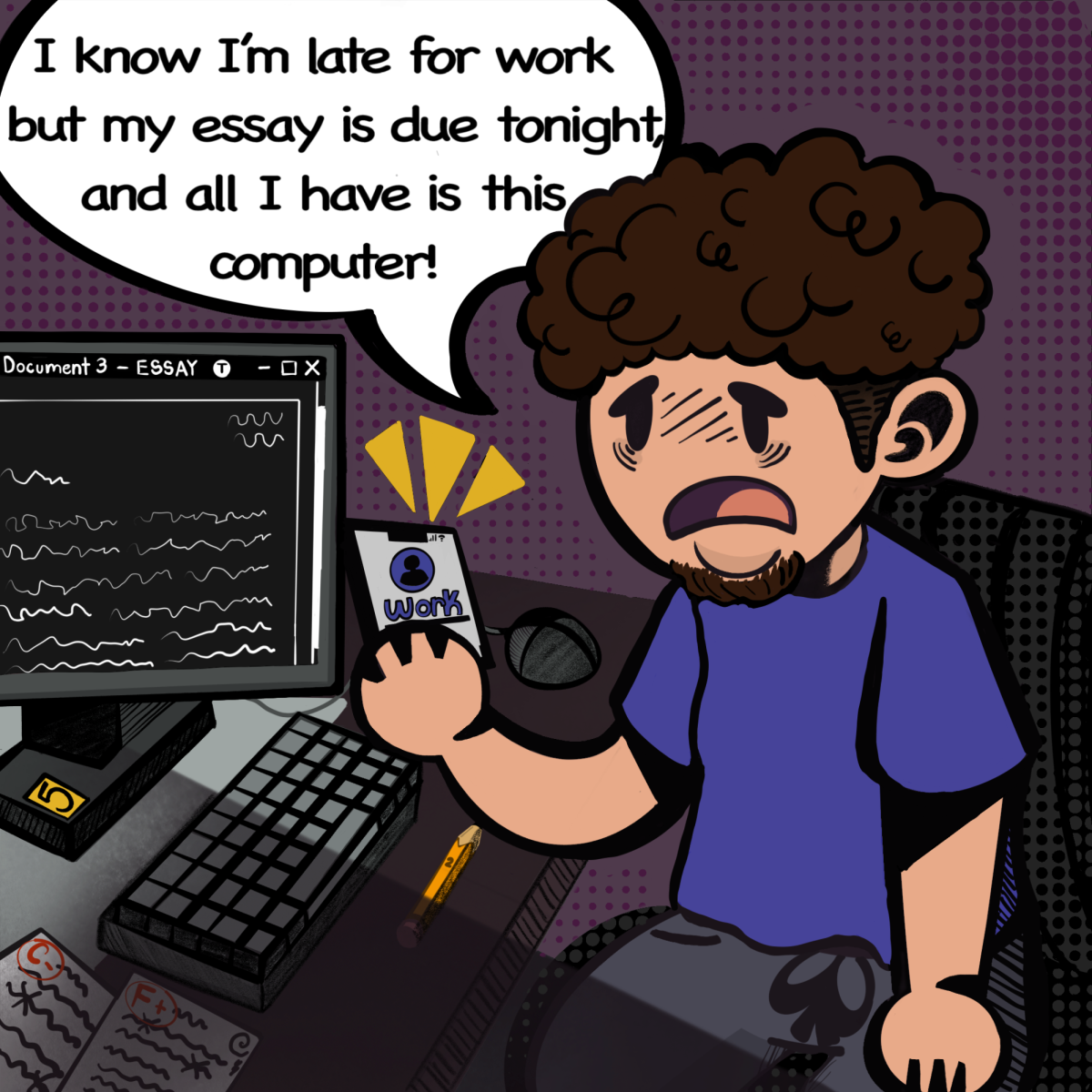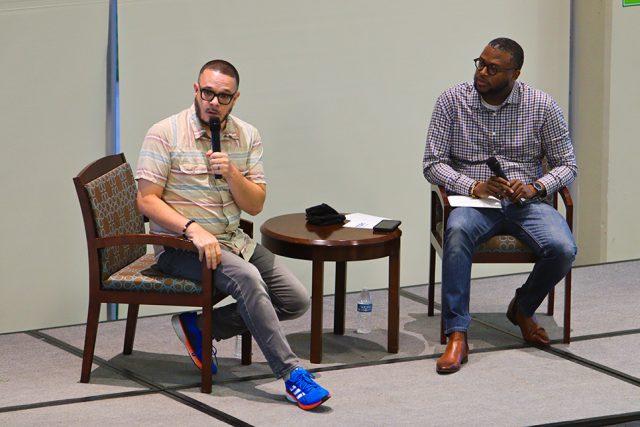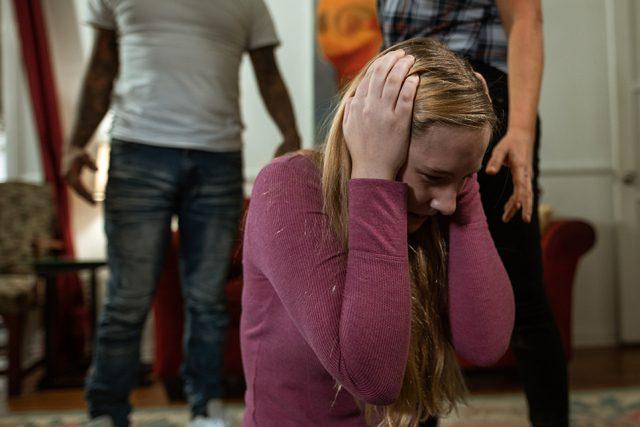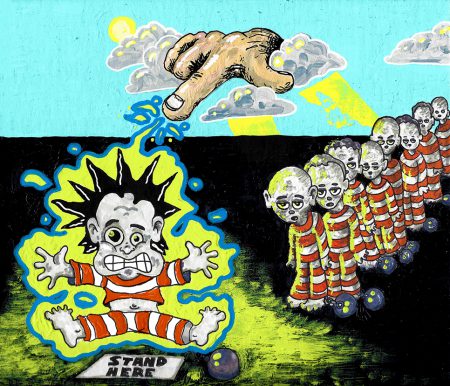
Jimmy Arca/The Collegian
The death penalty is a controversial topic that’s difficult to grasp.
The Melissa Lucio case is one of those death row cases where there’s not enough evidence in the trial. Lucio is on death row for allegedly pushing her two-year-old daughter down the stairs 15-years ago. She was initially planned to be executed April 27, but it was delayed to allow for further investigation into her case.
This speedy conclusion, unfortunately, happens far too often, especially with minorities, religious groups and people of low-income households, according to human rights organization Amnesty International. Since 1973, more than 184 death row cases in the U.S. have been exonerated because these individuals were later proven to be innocent. By 2020, the death penalty had been abolished by 108 countries.
The justice system has proven time and time again that it’s all but functional, but what isn’t? No one and nothing is perfect, but we as a society have to work together to make it better, but it can’t be done if people are just standing idly by.
Why does the death penalty even exist? Is it to stop the overpopulation of prisons, or is it just people playing God?
On one side of the argument, the answer is that the death penalty exist to seek justice for victims and their families. On the other side of the argument, people think a life sentence without parole is just as good.
These people on death row decided to play God when they disposed of a life with no remorse.
Humans are a controlling bunch and like to take the easy way out because it simplifies things. Actions reciprocate the same amount of reactions, and every choice has a consequence whether good or bad. Arguments could be made that it’s appropriate for the major crimes such as rape, murder, torture and anything involving causing harm to children, but that’s the last resort.
Guess it would be one less mouth to feed and have a bed for, and sentencing people to death would be cheaper than sentencing them to life in prison. But have we degraded these people so low as to only think of them as tax dollars? They’re human beings too. Inmates already live in these inhumane conditions since prisons are overcrowded.
If a person has a crippling mental disability that causes them to not have any control over their actions — kind of like Lenny from “Of Mice and Men” — should they receive the death penalty? The simple answer is no.
They should be sent to a mental institution or a mental health care facility to get the care they need.
According to the Equal Justice Initiative, 20% of people on death row are said to have some kind of severe mental illness.
All too often when someone commits a crime, they are thrown in this tiny room with four walls and then forgotten about, leaving them to carry out the rest of their sentencing, and once released, oftentimes they’ll just do it again, not learning their lesson.
According to the World Population Review, the three-year recidivism in Texas — a tendency to relapse into a previous condition or mode of behavior — is 21.4% which doesn’t seem high, but that’s only in one state.
Prisons shouldn’t treat prisoners like animals and lock them in cages. Prisons should be used for rehabilitating and making the lives of these individuals that once slipped up in society better.
According to Cornell Law School, the death penalty doesn’t violate the Eighth Amendment, but it should. The Eighth Amendment states, “Excessive bail shall not be required nor excessive fines imposed, nor cruel and unusual punishments inflicted.”
Some people view the death penalty as an eye-for-an-eye, but some others view it as excessive punishment. The justice system itself is flawed in more ways than one, and it doesn’t seem to be improving anytime soon.

